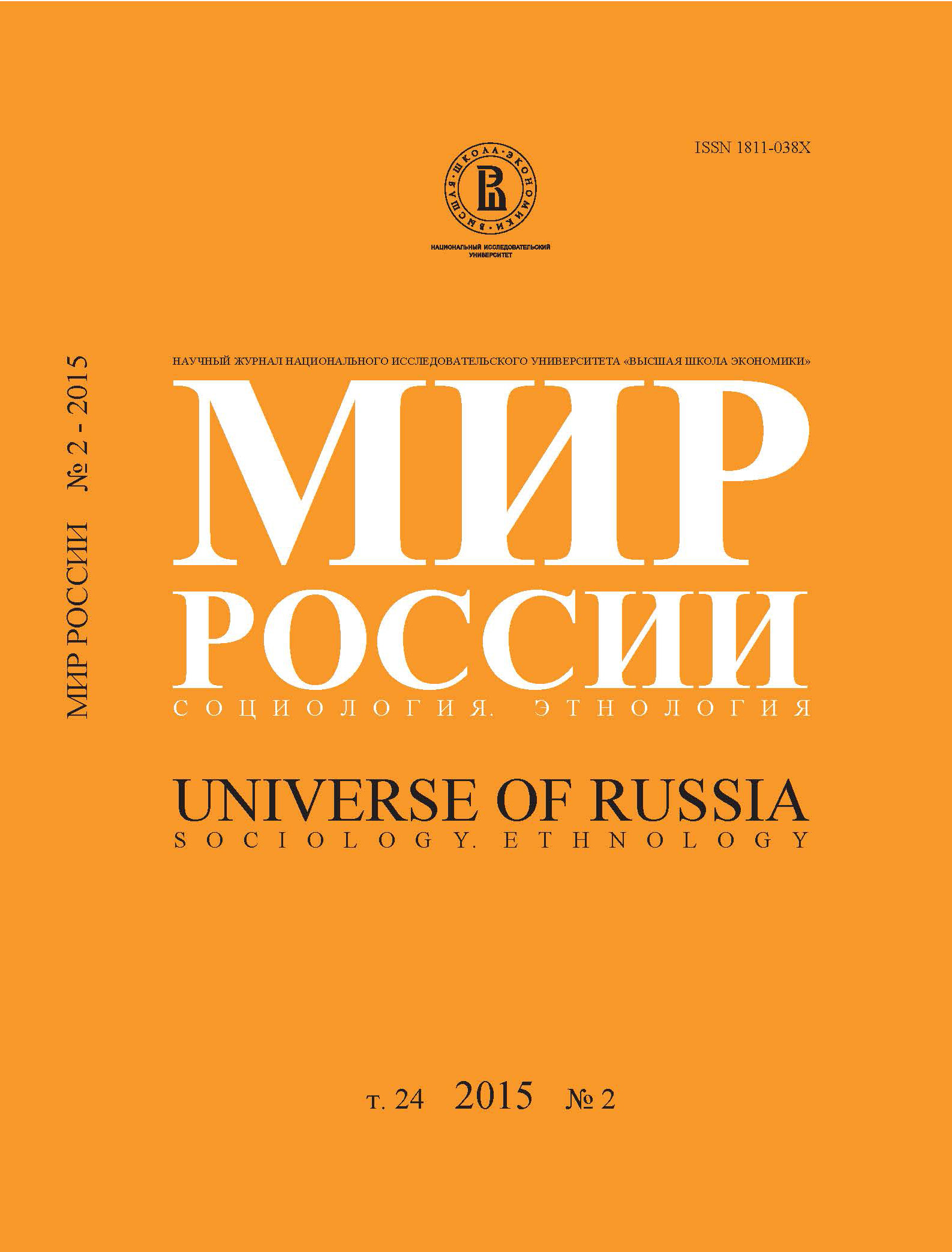Institutional Development in Post-Soviet Russia: in Search for an Escape from the Path-dependence of ‘Power-Ownership’
Abstract
Rustem Nureev — Doctor of Economics, Head of the Department of Macroeconomics, Financial University under the Government of the Russian Federation. Address: 49, Leningradskii Ave., Moscow, 125999, Russian Federation. E-mail: Nureev50@gmail.com
Yuri Latov — Doctor of Sociology, Leading Researcher, Institute of Sociology, Russian Academy of Sciences. Address: 24/35, Krzhizhanovsky St. Moscow, 117218, Russian Federation. E-mail: latov@mail.ru
It is often claimed that the ‘Asiatic mode of production’ continues to coexist with market institutions throughout Russia’s social and economic development in 1990-2010s. This is related to the fact that the radical reforms of the early 1990s were imposed from above and were aimed primarily at consolidating the new political regime. As a result, most assets were seized by the nomenklatura through privatization, which, in turn, led to an erosion of property rights rather than their strengthening. Further, the change from survival in the 1990s to relative affluence in the 2000s did not make Russian households less dependent on the state: this is clearly seen in public opinion polls, where Russians express little concern with class conflict (employer-employee relationships), but recognize the conflict between the state and the people. The traces of the ‘Asiatic mode of production’ are also observed in business: while businesses modernized and became more civilized and in the 2000s, they continue to be largely unproductive and oriented towards rent seeking. Finally, path dependence is most apparent in how the state continues to monopolize institution building and intervene in economic affairs. However, there is certain institutional competition in place—in spite of their persistence ‘Asiatic’ institutions are being countered with new forms of economic organization. It is reminiscent of the analogy with colonial modernization, when the previous social order faded away, a new one did not appear straightway, but eventually emerged replacing the old institutions.






